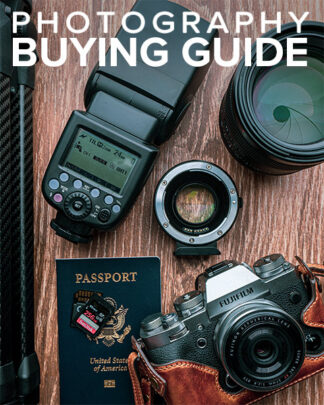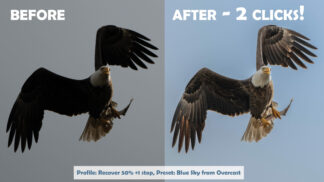
In my last blog I talked about some guidelines I follow when at a client’s space shooting for their social media feeds. I also covered some of the expectations the client may have that may be a bit different than shoots you’ve worked in the past. If you’re interested in picking up social stock clients, I suggest you first read my post about how to shoot for them, here.

With the explosion of social media and it’s strong ties to marketing, it’s no surprise that companies of all sizes are looking to stand out online against their competitors. A well-considered image is likely to steal more than a moment’s glance from feeds cluttered with bland mobile phone snapshots, but it’s getting your camera in the door that can prove a bit more difficult. Continue reading for tips on connecting with businesses and how to shoot for their social feeds.
Continue reading Social Stock: Tips for Landing Social Stock Clientele






